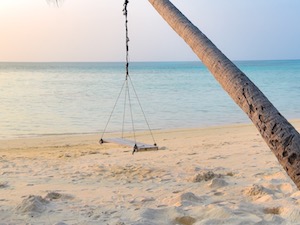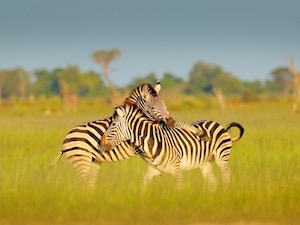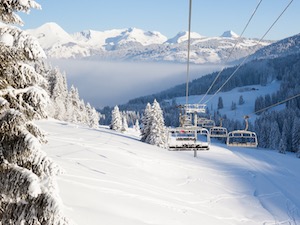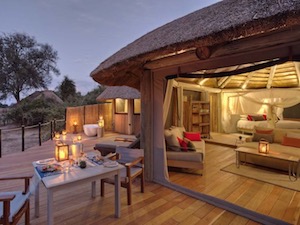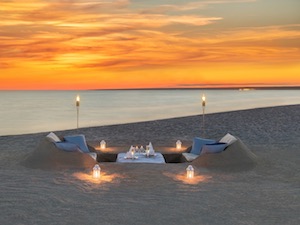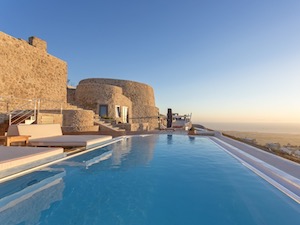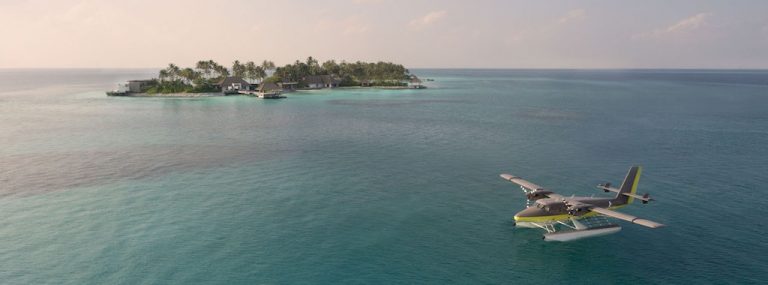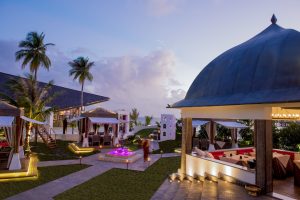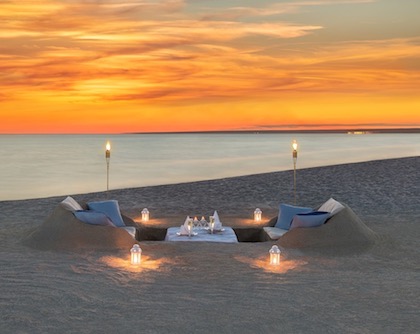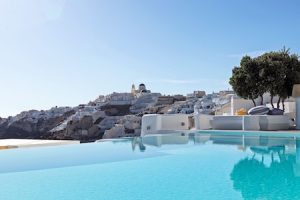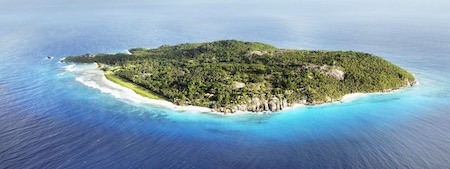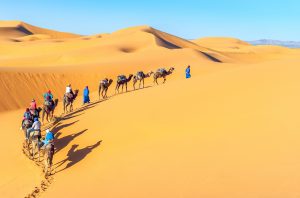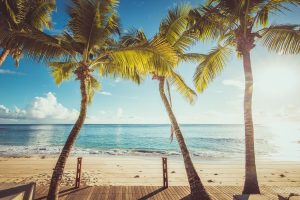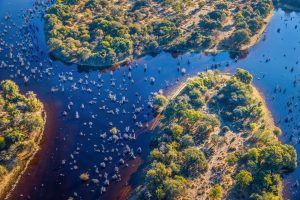Ecotourism, how to be a responsible holiday-maker
November 21, 2018
Ecotourism, green travel, low-impact travel, ethical travel, sustainability whatever name you want to give it, ecotourism is becoming something that is more of a regular feature for many and more conscious thought given to. It’s for good reason that the United Nations chose 2017 as the International Year of Sustainable Tourism for Development.
Ecotourism is a low-impact holiday, visiting a susceptible and volatile natural environment, often an exotic, pristine habitat, travelling without having an impact on the environment. Essentially we are visitors to the foreign environment so should not impact it negatively and should aid conservation efforts and observe, not disrupt the natural environment, it is our duty to do this.
At the moment visiting exotic countries, experiencing new adventures and staying in a luxury hotel or lodge factor with the ecological impacts falling secondary behind ones other priorities. Currently ecotourism is on the radar of some, if not many people but we can do more to ensure that these natural habitats remain unchanged for years to come, and if possible bettered.
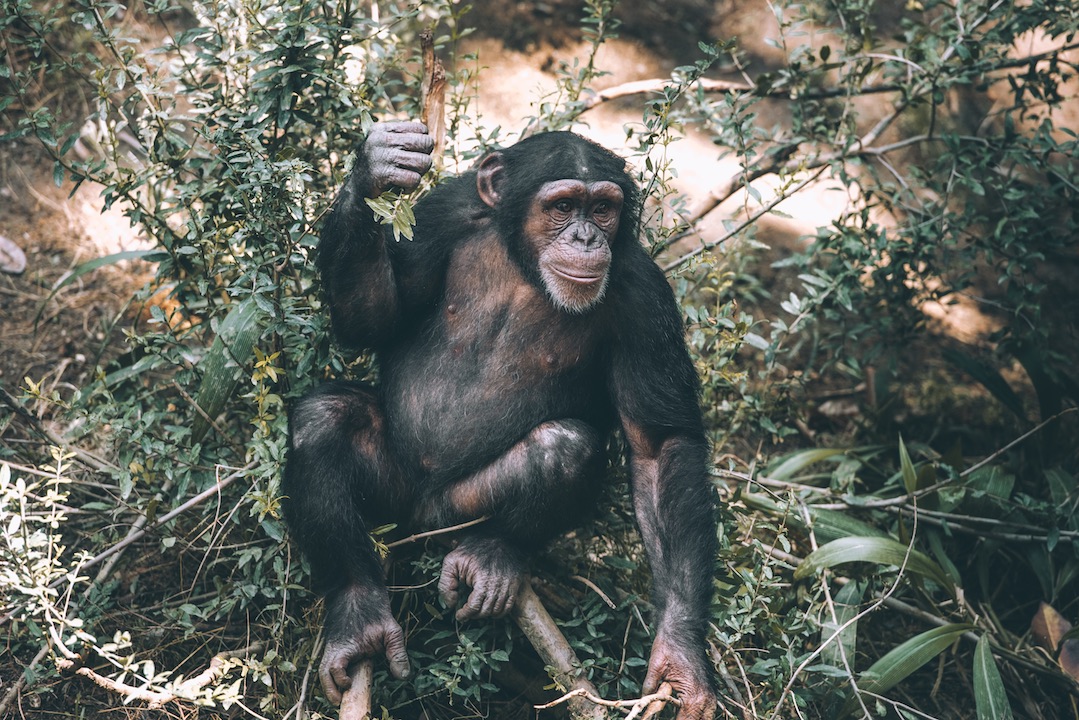
In some cases, countries and conservationists are proactive in naturally enforcing and regulating ecotourism to minimise the impact of the outsider. Botswana’s safari is one of the truly world class safari experiences found anywhere on the globe and is managed in a responsible way to have a positive impact on locals and the flora and fauna which for many is the main draw. In Botswana emphasis has been given to benefitting local inhabitants as well as the tourist and animals: The Batawana tribe communally owns part of the land of the Okavango Delta in Ngamiland with the land leased to tour operators and ensuring moderated and carefully controlled oversight of the land. It’s not just these factors which help to protect and regulate the authenticity, history, culture and the inhabitants of Botswana, the government and relevant authorities decided on a different business model for safaris to some.
Rather than low cost and high volume which can be the most detrimental style to a country, they chose to regulate and restrict visitors by ensuring that Botswana was a little more expensive than most and to encourage a more responsible tourist with lower volumes of tourists visiting, understanding it is a different experience of a very high calibre and that is what you pay for.
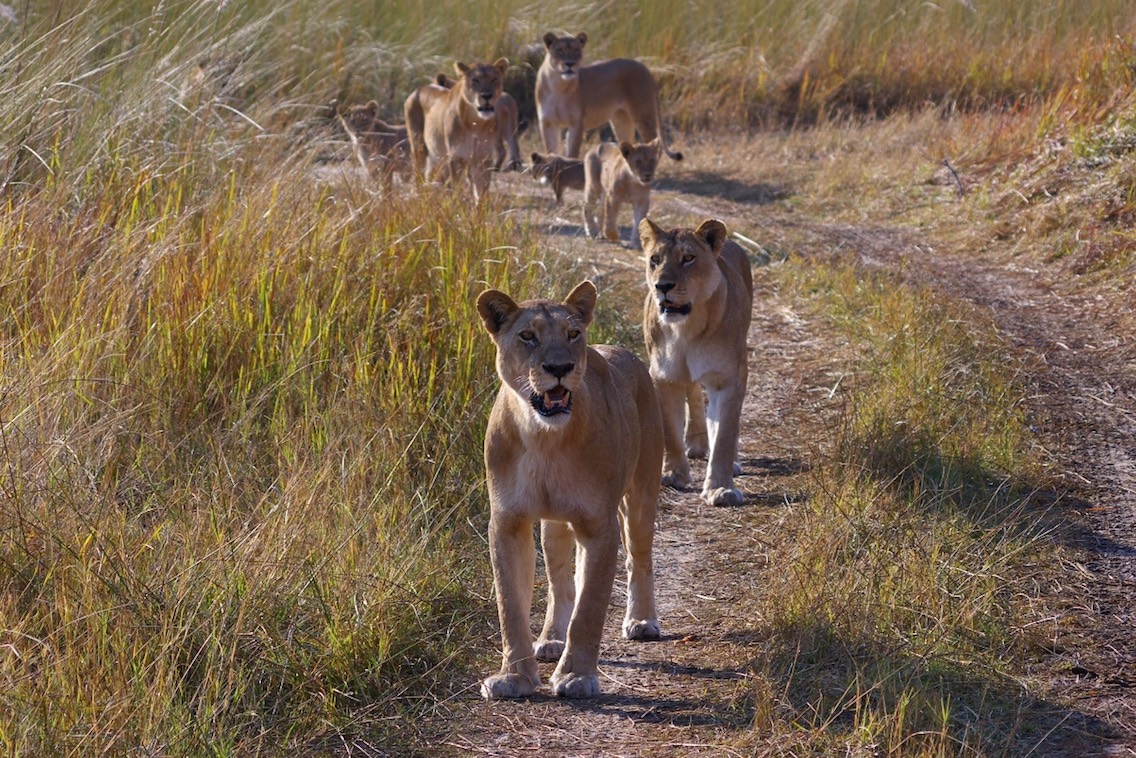
There are hotels and properties which focus on being low-impact and lessening the footprints that you leave behind post-holiday, but there is also the question of how we as individuals can lessen our impact. From the very offset of your holiday you can be more environmentally minded: packing – if you pack lighter this in turn lessens the fuel burnt by the plane taking you to your destination. It might seem like a tiny step, but collectively would make a significant difference if everyone makes this conscious decision to do this! Many of the everyday subconscious decisions we make can fly out the window on holiday; ensure that you keep the tap off when brushing teeth and shaving and be mindful of wasting water, switch lights off when leaving rooms and take a reusable water bottle with you on holiday to reduce the impact which you are having. Your impact doesn’t stop with the environment when on holiday, be mindful of the social cues and norms which you would be considerate to adhere to when in a foreign country to make sure you don’t make locals feel uncomfortable in their own country and respect their traditions.
At the end of the day being an ecotourist is not just a smarter way to travel, but it takes your travel to another level. Ecotourism not only benefits the local environment, the local people and the wildlife you might travel to see, but in turn benefits you, the tourist through this for example. Think of an elephant you might seek out whilst on a canoe safari down the Okavango Delta. If a poacher kills this elephant for its ivory, it’s a short-lived and relatively small financial gain for one person. If local people can be employed and placed into conservation efforts as opposed to focussing on poaching, because the safari costs you, the end-consumer, that bit more, then it means that you will get to see the world-class wildlife you came to see, rather than there be a lack of these majestic creatures due to poaching. More importantly it helps aid the preservation of elephants and also gives employment to local people.
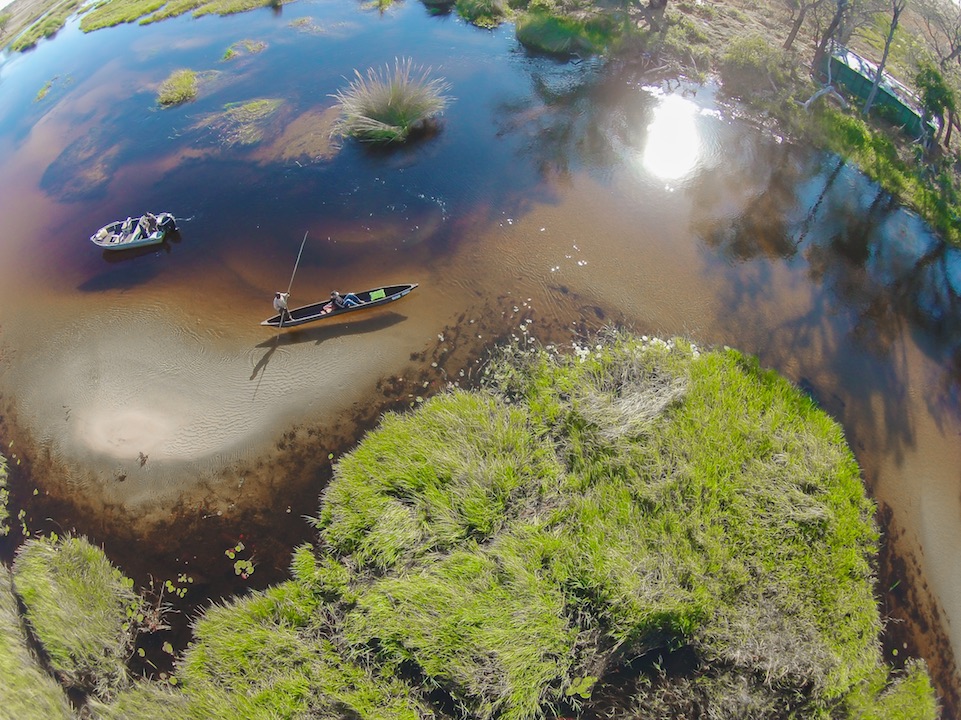
Inspiration for your next holiday with ecotourism at the forefront:
Jumeirah Vittaveli, Maldives: set in one of the most fragile natural environments on the globe, the Jumeirah Vittaveli luxury hotel suites and villas is Green Globe Certified. Hosting island and reef cleaning sessions (and encouraging visitors to partake), issuing of reusable plastic bottles to move towards a plastic bottle free island and a resident marine biologist monitoring conservation efforts mean that Jumeirah Vittaveli really does keep in mind its impact upon the local surroundings and inhabitants.
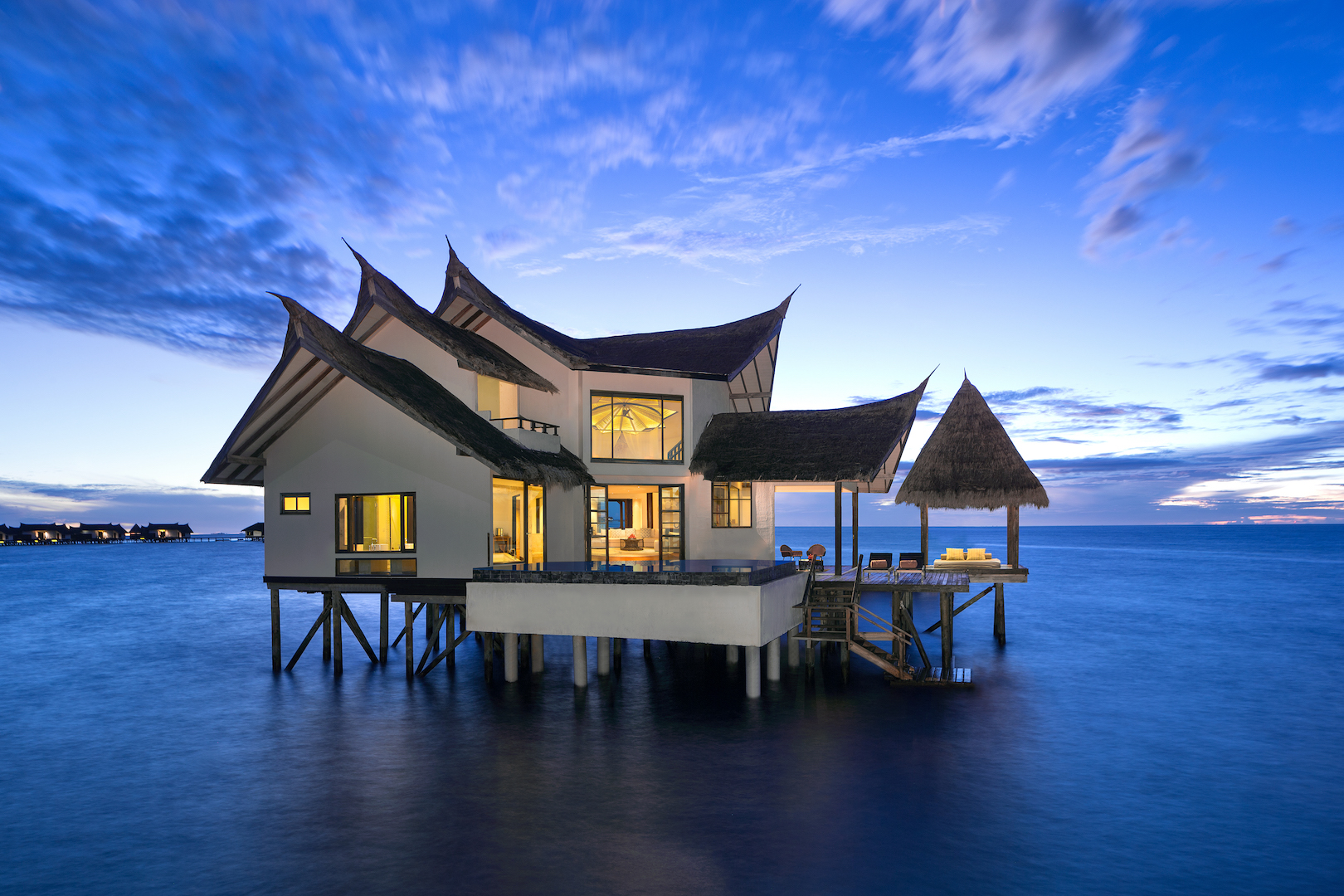
Does this inspire you?
For more inspiration click here, and to explore sustainable options for your next holiday, follow this link.
